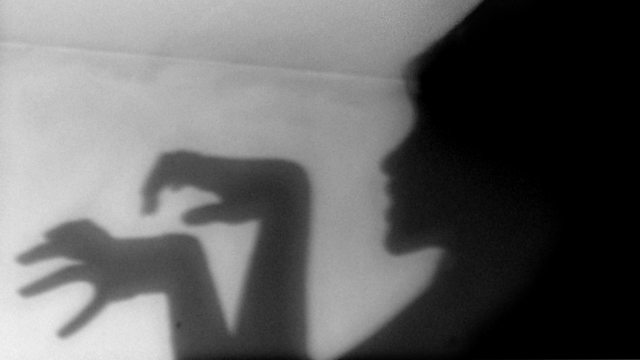The Witches' Pardon
Thousands died between the 16th and 18th centuries as a result of witchcraft trials. Dani Garavelli asks: is it time we recognised the victims of this state-sanctioned atrocity?
From allegations of cursing the king's ships, to shape-shifting into animals, or dancing with the devil, three centuries ago witch-hunting was a mania that spread right across Europe. But nowhere did it exert a greater grip than in Scotland, which had an execution rate five times higher than England's.
It remains an example of just how vicious sexism and misogyny - exacerbated by superstitious beliefs and religious extremism - can be.
Now campaigners are on course to win an official pardon for the estimated four thousand - mostly women - tried as witches.
Leading QC Claire Mitchell, known for her prominent role in the Lockerbie appeal, is also fighting for an apology for all those accused, and for a national monument to mark the state-sanctioned atrocities she calls "the greatest miscarriage of justice in Scottish history."
Claire Mitchell and co-founder Zoe Vendittozi hope that First Minister, Nicola Sturgeon will issue a formal apology. But will she? And why does it matter?
Once again 'witch' is a name being levelled at women, usually in high profile cultural or political roles. It's not unusual to see figures like Hillary Clinton, Nicola Sturgeon, Professor Mary Beard, in twitter memes with green faces, stirring cauldrons and wearing pointy hats.
Dani Garavelli takes a fresh look at the history and at why women were so often accused of being witches. She explores the campaign which has gained mass traction across the UK and Europe, and spawned a copy-cat campaign in Catalonia. Which power structures were being maintained then, and which ones now?
Producer: Caitlin Smith
Presenter: Dani Garavelli
Sound Design: Joel Cox
Last on
![]()
Seriously...
Seriously is home to the world鈥檚 best audio documentaries. Introduced by Vanessa Kisuule.
Broadcasts
- Wed 16 Mar 2022 11:00大象传媒 Radio 4
- Tue 29 Mar 2022 21:00大象传媒 Radio 4


